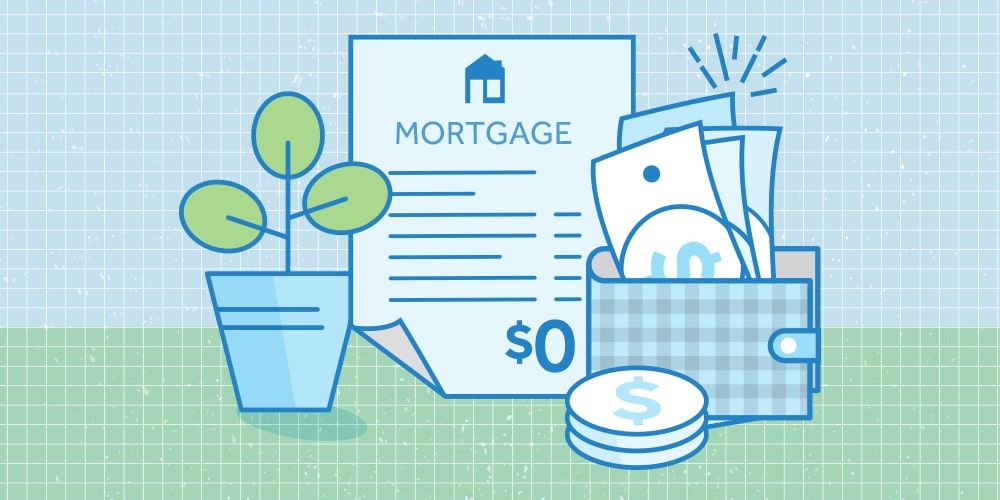Your mortgage is paid off. It’s as if you’ve shrugged off a heavy coat that you’ve been wearing for too long and everything just gets lighter. Now that there’s a spring in your step, it’s time to consider how to pivot so that your freshly adjusted finances keep you headed toward your goals.
What do you want to do with the money you used to use for payments?
If you don’t already have a financial plan, now is the perfect time to revisit or start one by talking with an advisor.
It pays to pay off debt
You’ve learned from paying off your mortgage that doing so results in an eventual pay-off for you and, for most people, paying off debt is better done sooner rather than later.
Even though you’ve paid off your home, you may still have some credit card debt, so aim to pay off the ones that carry the highest interest. Consider paying off car loans or other items owing that you’re still paying on a regular basis. Doing so will allow you to consider yet another option, which is funnelling the money into savings or investments.
Use the accelerated debt payoff calculator to peer into your future and determine what works best for you.
With this “new” money, it”s time to adjust your financial goals
Canadians have spent an average of 17% of their disposable income on home payments, according to Statistics Canada. While this figure changes with the times, the point is that a hefty amount of money that you may have otherwise directed toward other stuff has likely been shovelled into your home.
Now that this disposable income is available, what do you want to do with it?
Reassess your financial plan and how it lines up with when you want to retire, your time horizon, your risk tolerance and how you want to fund it. Ask yourself if it’s possible and if you want to alter your work life and retire sooner than you expected.
There is no lack of splurge options. New car? More meals delivered or eaten elsewhere? Travelling once it can be done safely? Helping children with education or their own home ownership dreams?
You might consider downsizing or buying a vacation property or even borrowing against your home to make these options happen more quickly. Or you could put the money into investments, depending on your chosen timelines to reach your financial goals.
Keep the door open on home insurance
Home insurance may sound dreary, but it’s one of those necessary boxes to tick, whether you finally have your mortgage paid off or you’re still paying. Before you consider how to spend or allocate the money now freed up, revisit your home insurance and see if it needs adjusting. You may now have more leeway in terms of what you pay, depending on what your insurance requirements to the lender may have been.
Just because you don’t have a mortgage anymore doesn’t mean you don’t have a home, which remains a major investment and asset.
Alberta has seen its fair share of hail damage in the past decade and that’s just one of the hazards that could impact you. Flooding, high winds, forest fires, anyone who’s lived in the province is familiar with these calamities. Though you should be celebrating paying off the mortgage, it’s better to be safe than sorry.
Reserve an emergency fund for emergencies
Having more disposable income can be a whole lot of fun. But, if a crisis of some sort hits you and you need to react financially, you want funds that you can immediately grab.
Look at your budget, set up a target for emergency savings and contribute regularly to your goal. An emergency fund that covers three to six months of expenses is a good rule to go by.
You don’t want to fret about how you’re going to pay for an emergency, whether it’s a medical mishap that arises for you or loved ones or an unforeseen accident that impacts an asset, such as your car or home or even investments.
That’s when your emergency savings can literally be a lifesaver. So if you don’t have one, you may want to consider putting one in place, pronto.
Now that you’ve got the basic steps covered, go out and find the future you’ve been planning for all these years, with the mortgage payments behind you helping to lead the way.
The information contained in this article was obtained from sources believed to be reliable; however, we cannot guarantee that it is accurate or complete. This article is provided as a general source of information and should not be considered personal advice.


